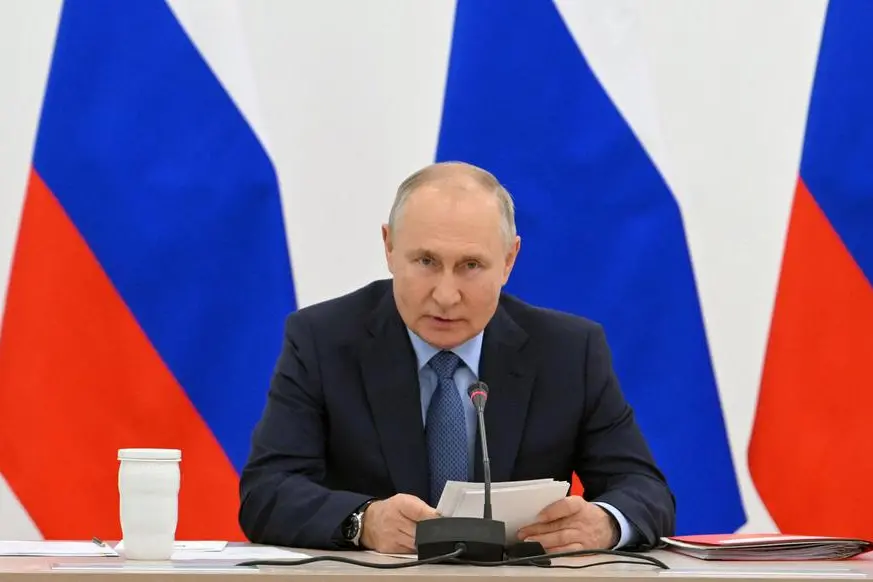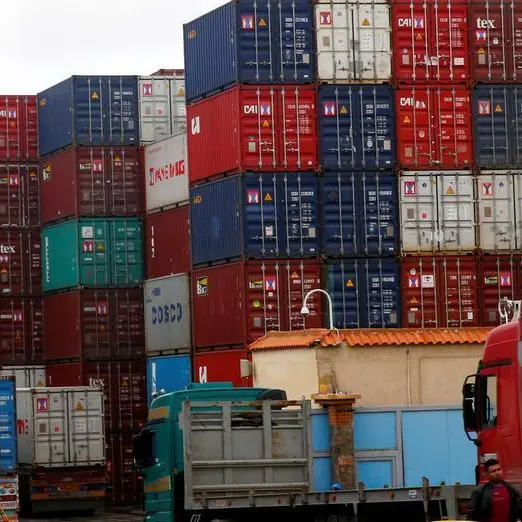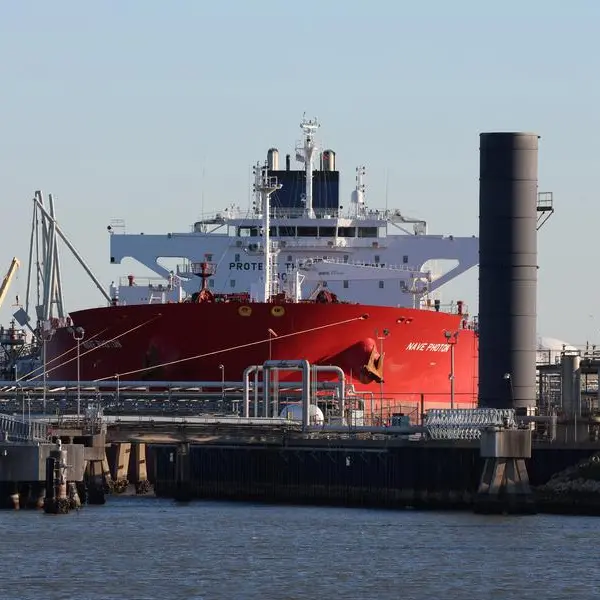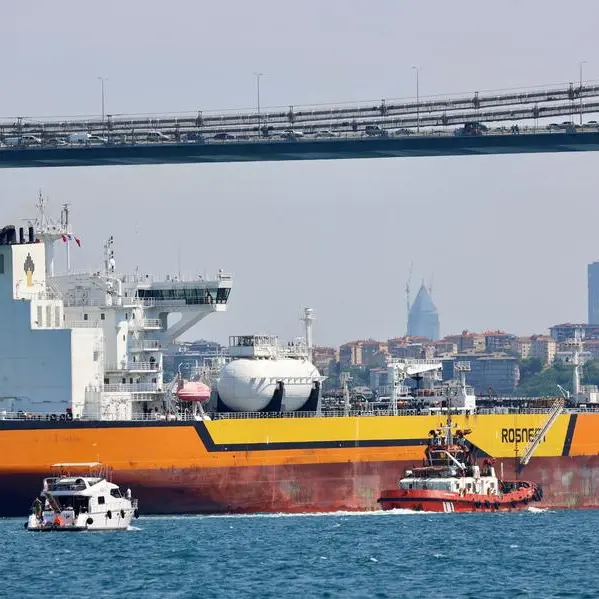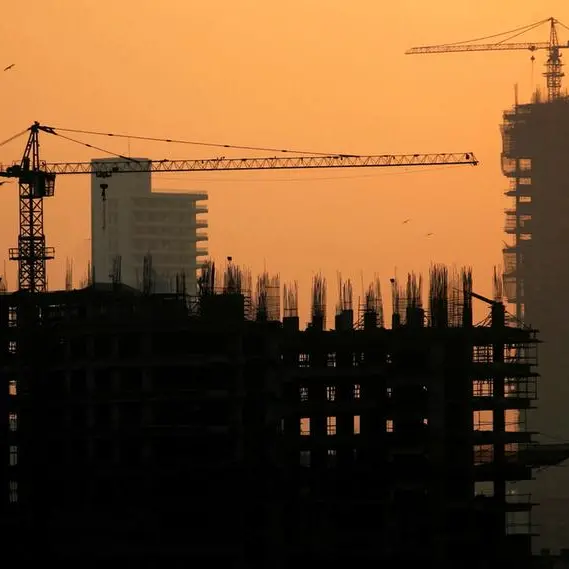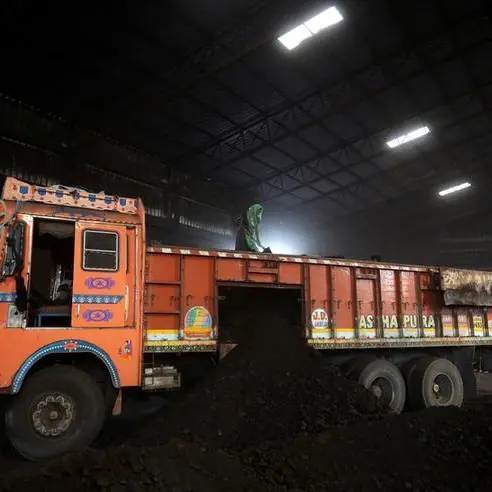PHOTO
Repression in Russia has soared since Moscow's full-scale invasion of Ukraine last year, reaching levels not seen since Stalinist times, a top United Nations expert warned Friday.
"The level of repression against the civil society independent media, and generally anybody with a dissenting voice ... is unprecedented in recent history," Mariana Katzarova told reporters in Geneva.
Presenting the findings of her first report, the UN Special Rapporteur on the rights situation in Russia lamented Moscow's "enormous crackdown" on critics since launching its war in February 2022.
"Civic society in Russia has been closed by the authorities," she told reporters, adding that the "repression is very sophisticated", with new laws presented virtually every week "to stifle" any form of criticism or dissent.
"It's extremely serious."
Katzarova said the situation was not yet comparable to the level of the repression seen during the Soviet Union's Stalinist era, when millions perished in gulags.
"But now is the opportunity ... to not let the situation in Russia itself deteriorate to the level of the previous historical Stalinist repressions in this country," she said, urging international action.
Katzarova was last April appointed as the first UN-backed monitor of the rights situation in Russia, or in any of the five permanent Security Council member states.
Russia has refused to permit her access to its territory, or to even recognise her mandate, and refused to take part in a debate about her report at the UN Human Rights Council this week.
While her work was broadly hailed, with numerous ambassadors voicing alarm at her findings, Moscow received support from a range of countries, including China, decrying the "politicisation and the instrumentalisation of human rights".
Katzarova's mandate is meanwhile due to expire next month unless the council votes in favour of a resolution being tabled by the European Union to extend it -- something Moscow vehemently opposes.
The independent expert, who is Bulgarian, stressed to reporters the importance of continuing the monitoring mission, especially since Russia had basically cut off all avenues to make grievances heard.
The mandate, she said, was "a bridge to the Russian people".
"I think it's important to continue especially now, in these dark times for human rights in the Russian Federation."
